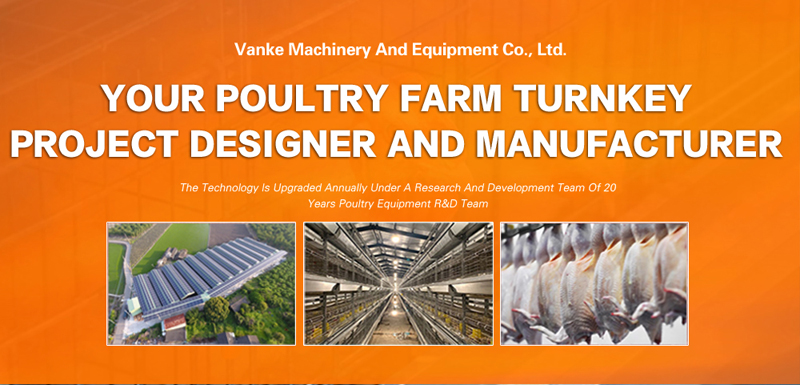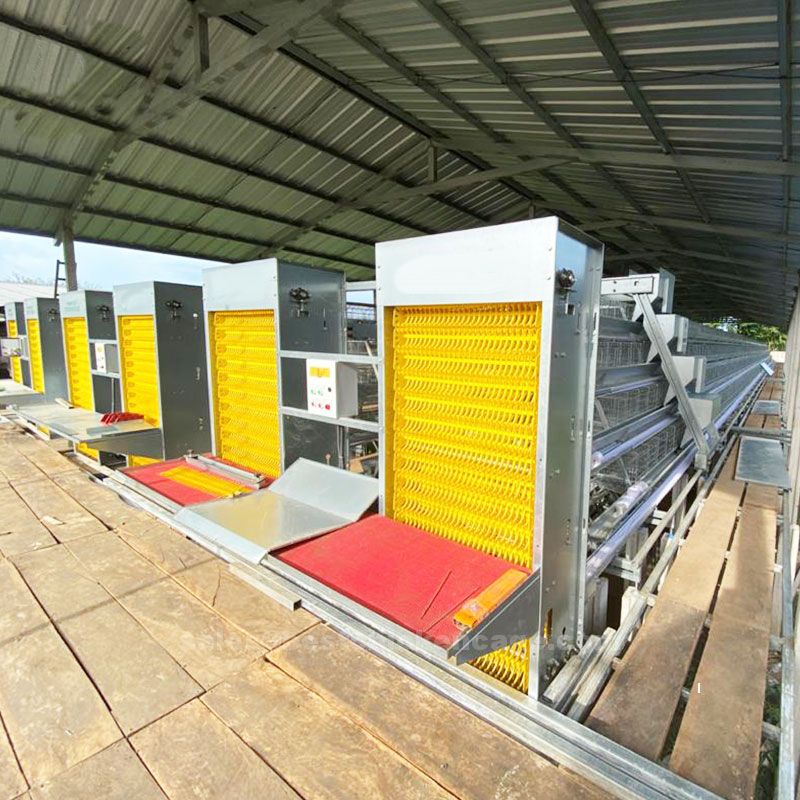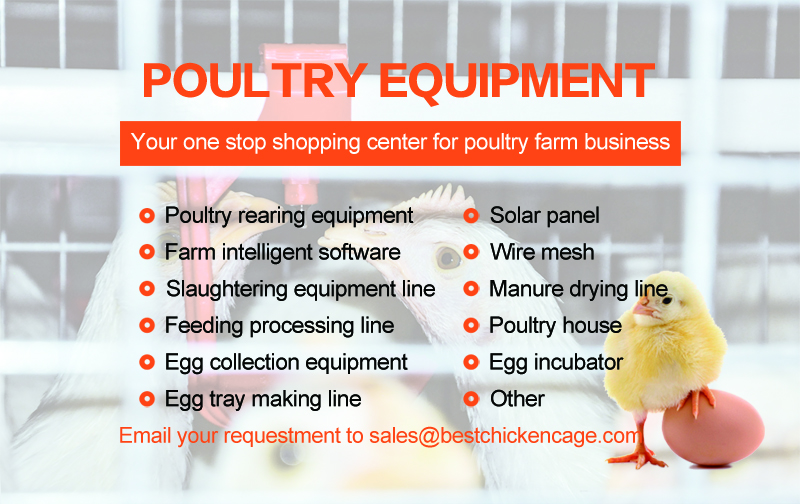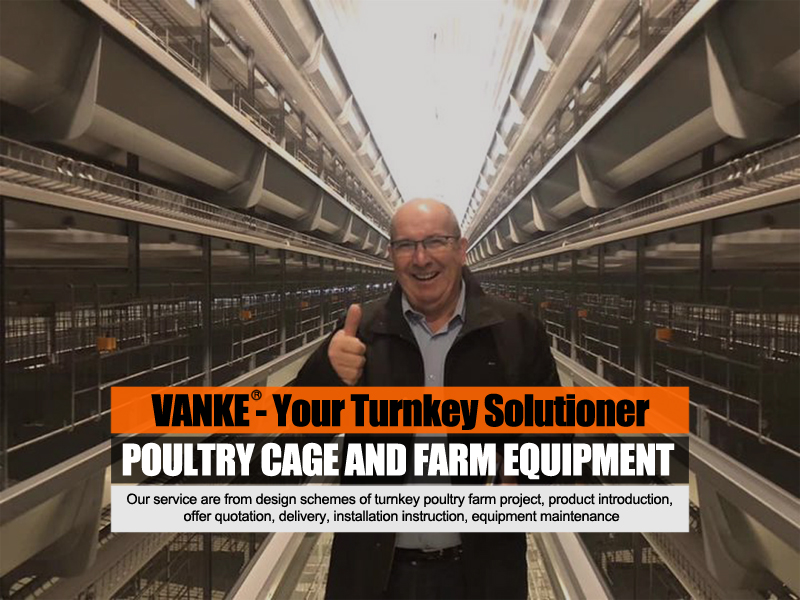Why manure dewater machine this machine is an essential investment for poultry farmers aiming to improve waste handling
 Basic information
Basic information
A poultry manure dewater machine is used to separate solid waste from liquids in poultry manure, primarily for chicken farms. This machine is designed to improve waste management, making it easier to handle and process poultry waste for disposal, composting, or further use in fertilizers. The 7-15m³/h indicates that the machine can handle a flow rate of 7 to 15 cubic meters per hour of poultry manure
This 7-15m³/h poultry manure dewater machine is a great investment for chicken farms looking to improve waste management, reduce odors, and create a more sustainable farming environment
The 7-15m³/h poultry manure dewater machine is designed to effectively separate solid and liquid manure on chicken farms. It processes manure quickly, producing dry solids that are easy to compost and handle, while the liquid can be used for irrigation or other agricultural purposes, this machine is an essential investment for poultry farmers aiming to improve waste handling, create organic fertilizer, and support a more sustainable farming operation.
By investing in poultry manure dewater machine, farms can improve waste management efficiency, enhance environmental sustainability, and generate valuable resources like organic fertilizers, all while reducing costs and maintaining a cleaner, healthier farm environment
 Features
Features
1. High capacity: Designed to handle 7-15m³/h of poultry manure, making it suitable for medium-sized chicken farms with significant manure processing needs
2. Efficient solid-liquid separation: The machine separates solid manure from liquid waste effectively, producing dry solids for composting and reusing liquid for irrigation or other agricultural purposes
3. Automatic operation: Most models feature automatic control systems, reducing the need for manual intervention and allowing for easy, hands-off operation
4. Durable construction: Built with stainless steel or other corrosion-resistant materials to ensure long-lasting performance and resistance to wear from the corrosive nature of poultry waste
5. Centrifugal dewatering technology: Utilizes centrifugal force or mechanical pressing to extract moisture from poultry manure, efficiently separating liquids and solids
6. Reduced odor: The dewatering process significantly reduces the odor associated with poultry manure by removing moisture, making it easier to handle and store
7. Energy efficient: The machine is designed to be energy-efficient, ensuring low operational costs while maintaining high performance
8. Easy maintenance: The system is designed for low-maintenance operation, with easy-to-clean components and accessible parts for routine inspections and servicing
9. Compact design: Space-saving design makes it suitable for farms with limited space, allowing for easy integration into existing poultry operations
10. Environmental benefits: By properly processing manure, the system helps reduce water contamination and pollution, making it a sustainable solution for waste management
11. Versatile applications: The dewatered solids can be used as high-quality organic fertilizer or compost, while the liquid can be repurposed for agricultural irrigation.
Let us send you the required information by post. Just click on this link to let us know which products you are interested in
1. Automatic poultry cage system
2. Poultry farm equipment

Bookmark our website and leave message on our website now to getting guiding to choosing right poultry equipment and enquiry for your poultry farm, we are the designer, manufacturer and supplier of poultry farm turnkey projects
Advantages
1. Efficient waste management: The machine effectively separates solid waste from liquid manure, making it easier to manage, store, and process poultry waste
2. Odor reduction: By removing excess moisture from manure, the dewatering process significantly reduces unpleasant odors associated with poultry farms, creating a more pleasant environment
3. Environmental protection: The separation of liquids from solids helps prevent pollution of local water sources by minimizing the runoff of liquid manure. The dry solids can also be composted, promoting sustainable waste management
4. Cost-effective: The automated operation reduces the need for manual labor, cutting down on labor costs. It also optimizes manure handling, which can help lower overall operational costs
5. High-quality fertilizer production: The solid manure separated by the machine can be composted and turned into high-quality organic fertilizer, reducing the need for chemical fertilizers and benefiting soil health
6. Improved farm hygiene: Dewatering the manure helps maintain cleaner conditions on the farm, as the wet manure is often a source of contamination and disease. This contributes to better biosecurity and overall farm health
7. High processing capacity: With a processing rate of 7-15m³/h, the machine can handle the manure produced by a medium-sized poultry operation, ensuring that waste is processed efficiently and consistently
8. Space-saving design: Its compact size allows it to fit in farms with limited space, making it a versatile addition to both small and medium-sized poultry operations
9. Energy efficiency: Designed with energy efficiency in mind, the machine operates with minimal energy consumption, reducing costs while maintaining high performance
10. Versatility: The dewatered liquid can be reused for irrigation or other agricultural purposes, reducing water wastage and supporting sustainable farm practices
11. Minimal maintenance: The system requires relatively low maintenance, with easily accessible parts for cleaning, repairs, and inspections, reducing downtime and maintenance costs
Maintenance
1. Regular cleaning: Clean the machine after each use, focusing on filters, dewatering screws, and pipes to prevent clogs and ensure smooth operation
2. Inspect moving parts: Check motors, gears, and other components for wear and lubricate moving parts to reduce friction
3. Check for leaks: Inspect pipes, hoses, and connections for leaks or cracks
4. Monitor electrical components: Ensure electrical wiring is intact and secure
5. Replace worn parts: Periodically replace filters, seals, and any other consumable parts
6. Test the system: Regularly run the machine to check its overall functionality
7. Storage: Store the machine in a dry, clean environment during off-season to avoid rust
Our services

1. We provide high-quality poultry equipment and handle its installation for optimal performance
2. We assist in designing and setting up poultry farms, tailored to your specific needs
3. We provide regular maintenance and repairs to keep equipment running smoothly
4. We provide expert consultation and staff training on best practices and equipment usage
5. We specializing in efficient manure management with dewatering systems
6. We provide ongoing support for spare parts and technical assistance
Frequently asked questions
Q: What is a poultry manure dewater machine, and how does it work?
A: Poultry manure dewater machine separates solid waste from liquid manure by using mechanical or centrifugal force. The machine extracts moisture from the manure, leaving behind dry solids that can be composted, while the liquid can be used for irrigation or other agricultural purposes
Q: How much manure can the dewater machine handle?
A: The 7-15m³/h poultry manure dewater machine is capable of processing 7 to 15 cubic meters of manure per hour, making it suitable for medium-sized poultry farms
Q: What are the benefits of using a dewater machine?
A: Key benefits include improved waste management, reduced odors, better farm hygiene, production of organic fertilizer, and more efficient handling of poultry waste. The machine helps maintain a cleaner environment on the farm and reduces pollution risks



